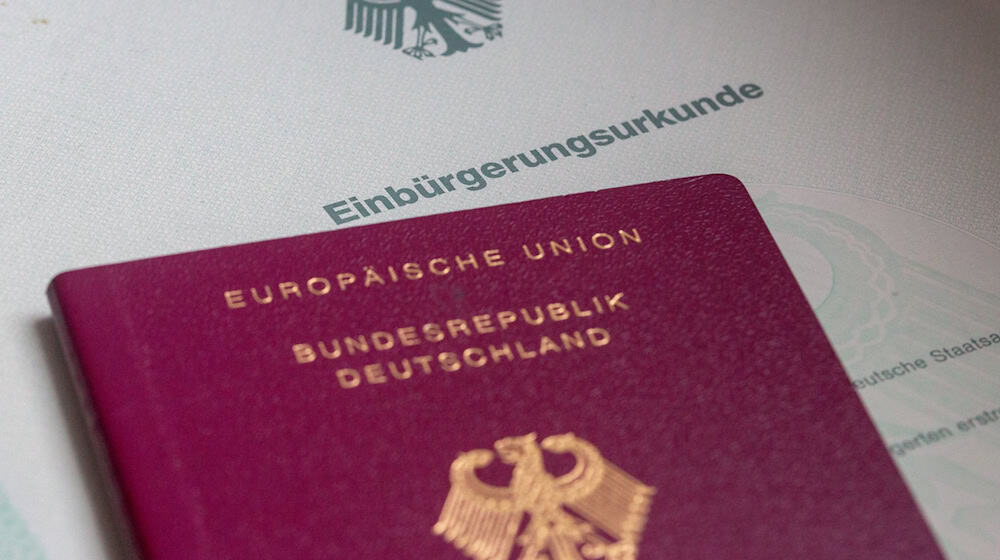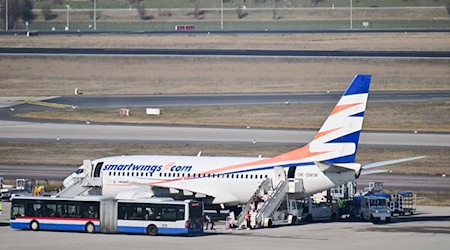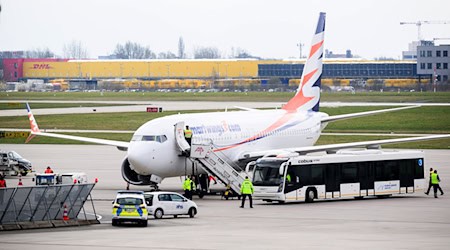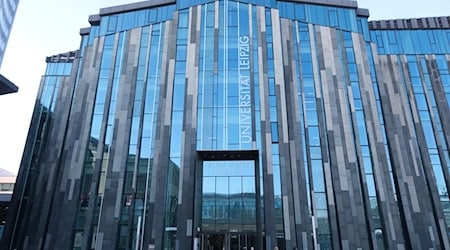If you want to be naturalized in Saxony, you currently need a lot of patience. In the major cities of Leipzig, Dresden and Chemnitz, the procedures sometimes take several years. This is shown by feedback from the municipalities in response to inquiries from Deutsche Presse-Agentur.
According to a minor interpellation from the Green Party, the average duration in Leipzig is around three years. In Dresden, applications from December 2022 are currently being processed. There alone, around 3,800 applications are waiting to be assigned to a case worker. The situation is also tense in Chemnitz: On average, 18 months pass before the actual start of processing - plus three to four months processing time.
Congestion in the system: when naturalization becomes a waiting game
Geert Mackenroth, Saxony's Commissioner for Foreigners, is critical of the situation. He is receiving "a large number of inquiries that reflect the escalating situation". "It will hardly be possible to remedy the situation in the short term," says Mackenroth. Leipzig in particular has increased its staff, but the complex citizenship law makes it difficult to fill and train positions.
Dresden has been talking about the authority being overloaded since 2021. The number of applications has risen sharply, partly due to the so-called Citizenship Modernization Act. "In addition, many more foreigners who have been resident in Germany for many years are now deciding to apply for naturalization, as the loss of previous citizenship is no longer a prerequisite for naturalization in the FRG," according to the state capital.
Inactivity complaints place an additional burden on authorities
According to Dresden, the duration also depends on the origin, proof of identity and cooperation of the applicants. Procedures from Eritrea, Somalia and Afghanistan, for example, are particularly time-consuming. In 2024 alone, there were around 80 complaints of failure to act. Mackenroth is also concerned about this development: "The number of actions for failure to act is also increasing - partly because some lawyers see this as a lucrative business."
The authorities are trying to take countermeasures: In Chemnitz, for example, additional jobs have been created or staff have been transferred from other areas. However, according to the city administration, training periods are necessary as staff have also left at the same time. The authority admits: "The number of applications is clearly not matched by the staff required to process them within a reasonable timeframe."
Digitalization with obstacles
There are also structural hurdles that make it difficult to find a quick solution. In Dresden, for example, it is hardly possible to increase staff due to tight budgets. There is also a problem with digitalization: "There are currently isolated solutions in Berlin and Hamburg, but these are not subject to any subsequent use," the city says. There is a lack of uniform specifications, interfaces and financial support.
In the medium term, Mackenroth is calling for comprehensive digitalization, the use of AI, regular training and an exchange of experience between authorities. Preferential processing of frequently occurring cases is also being discussed.
Slow procedures as a locational disadvantage
With regard to the shortage of skilled workers, Mackenroth warned: "Fast processing of procedures is the calling card of a federal state that relies on skilled workers, which has to attract skilled workers from abroad to a particular extent due to its age structure." Procedures that take too long could damage the location.
Copyright 2025, dpa (www.dpa.de). All rights reserved










